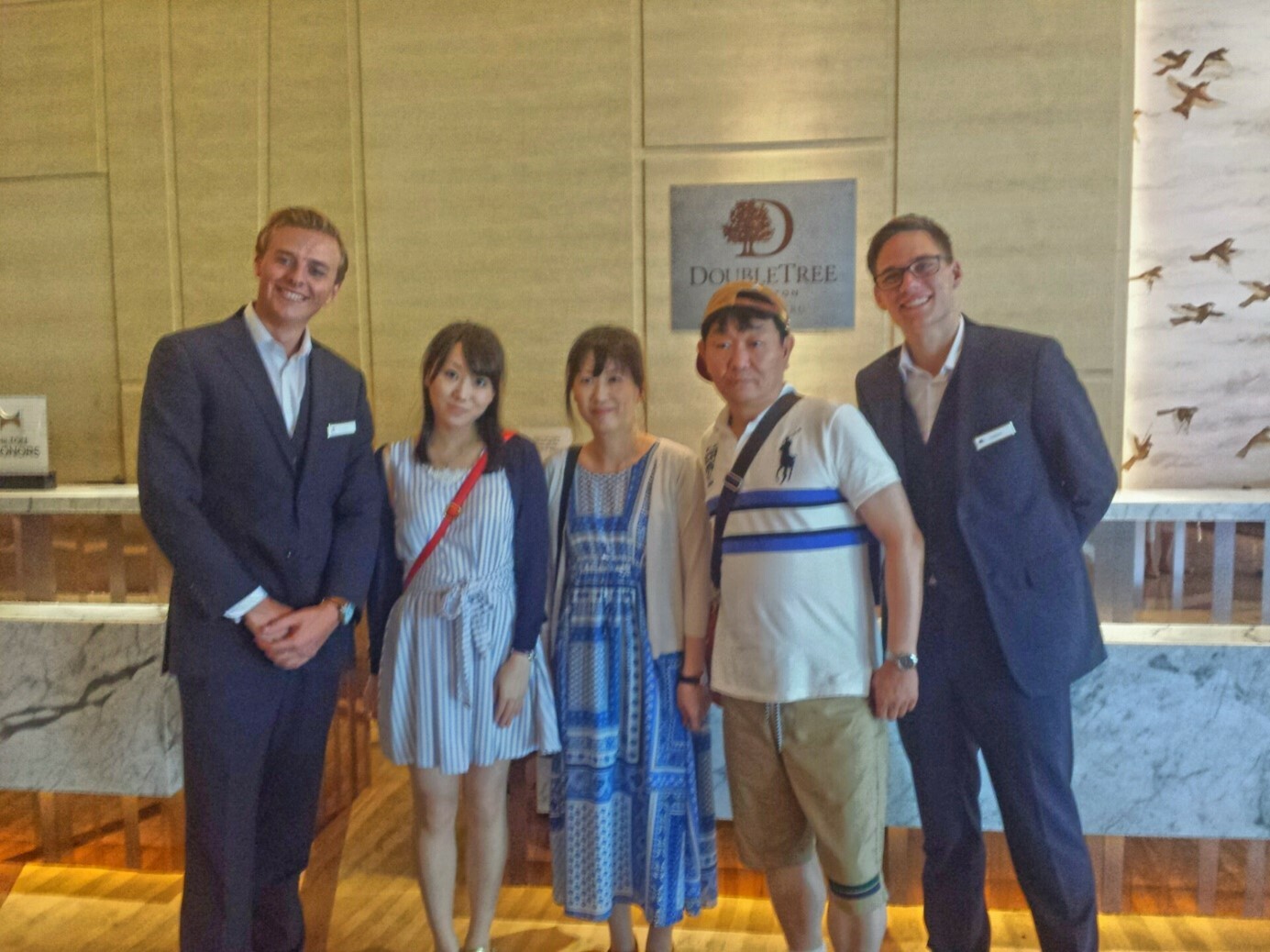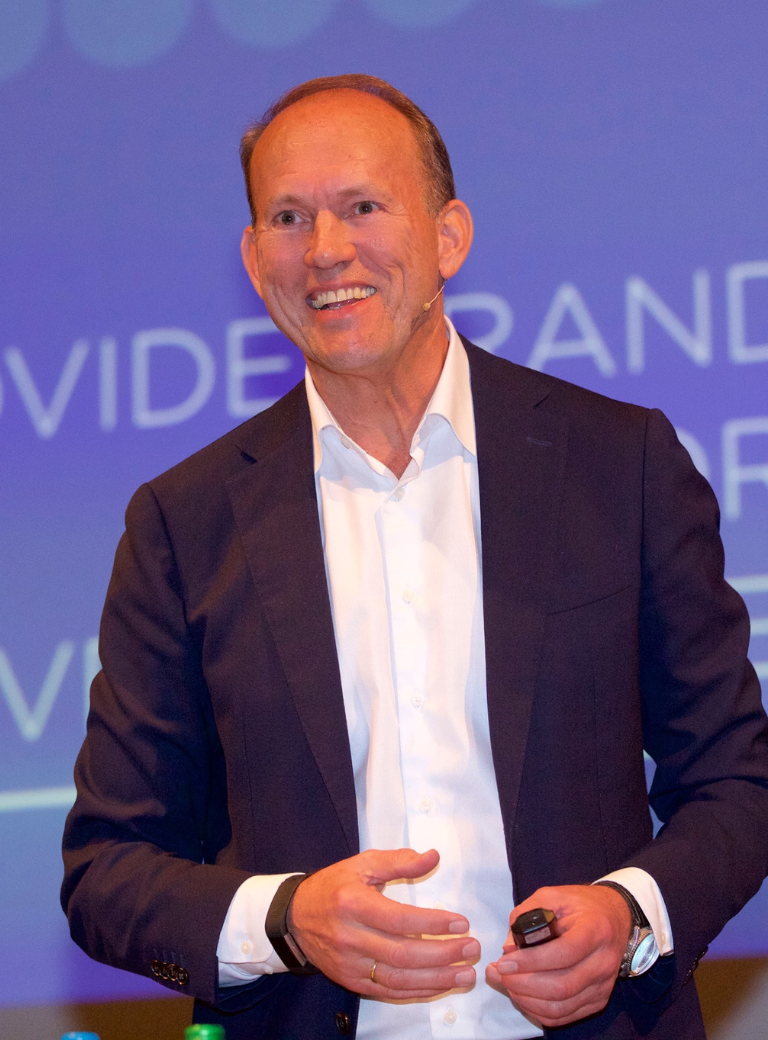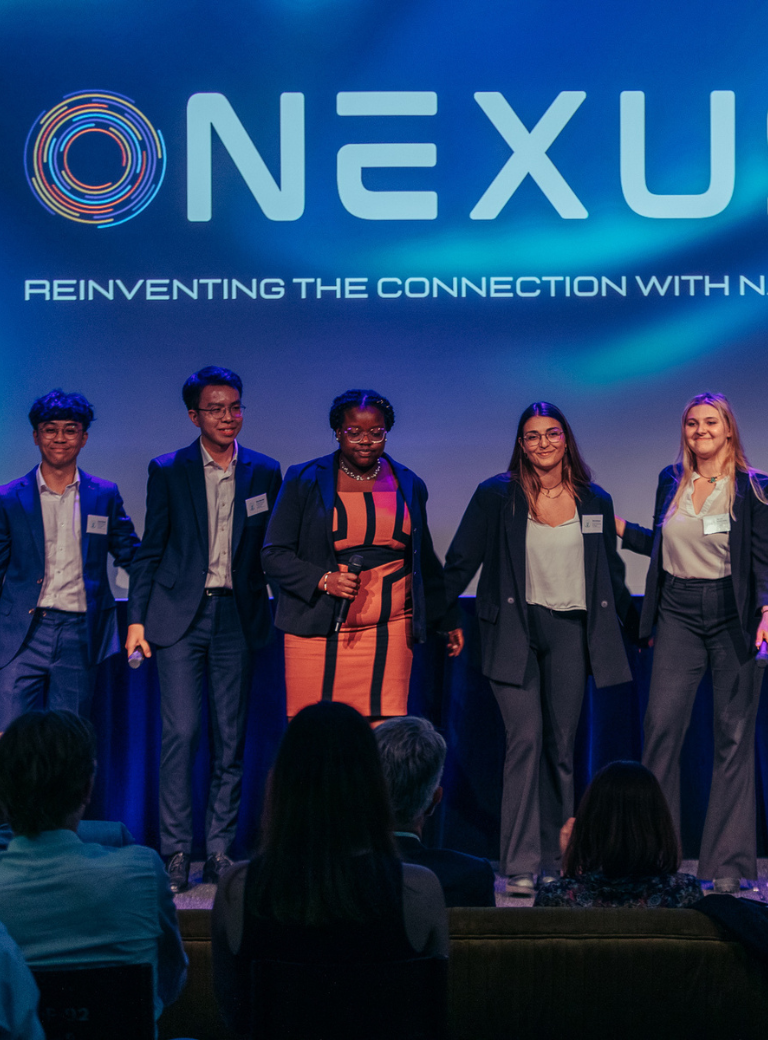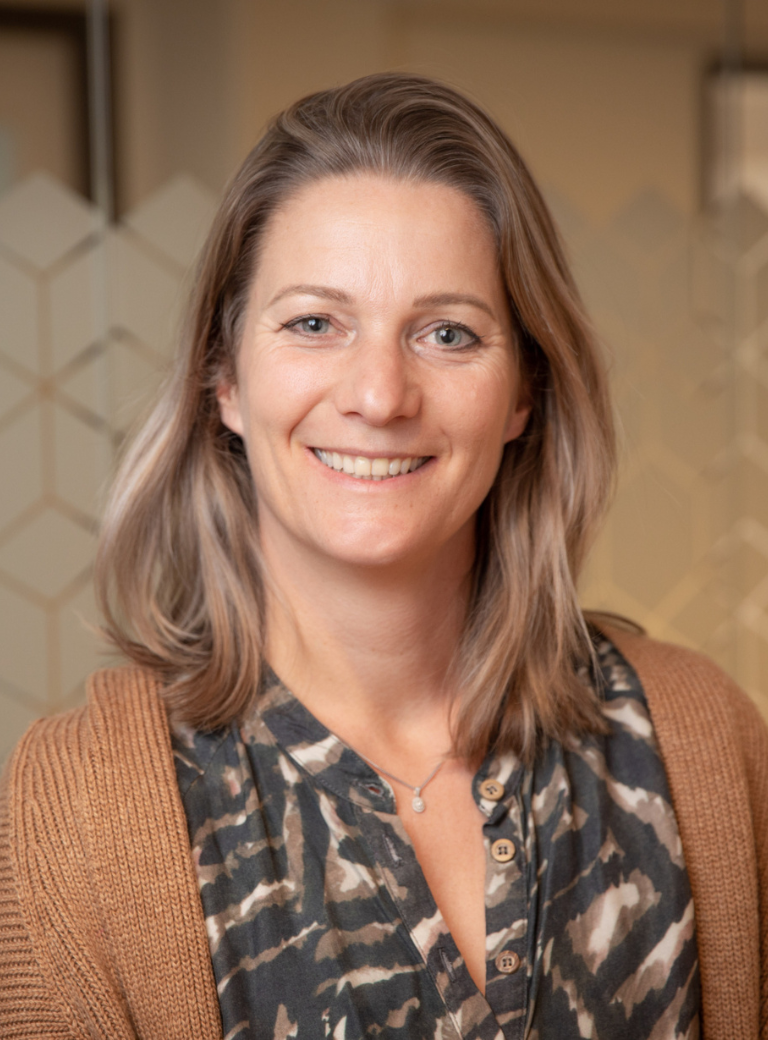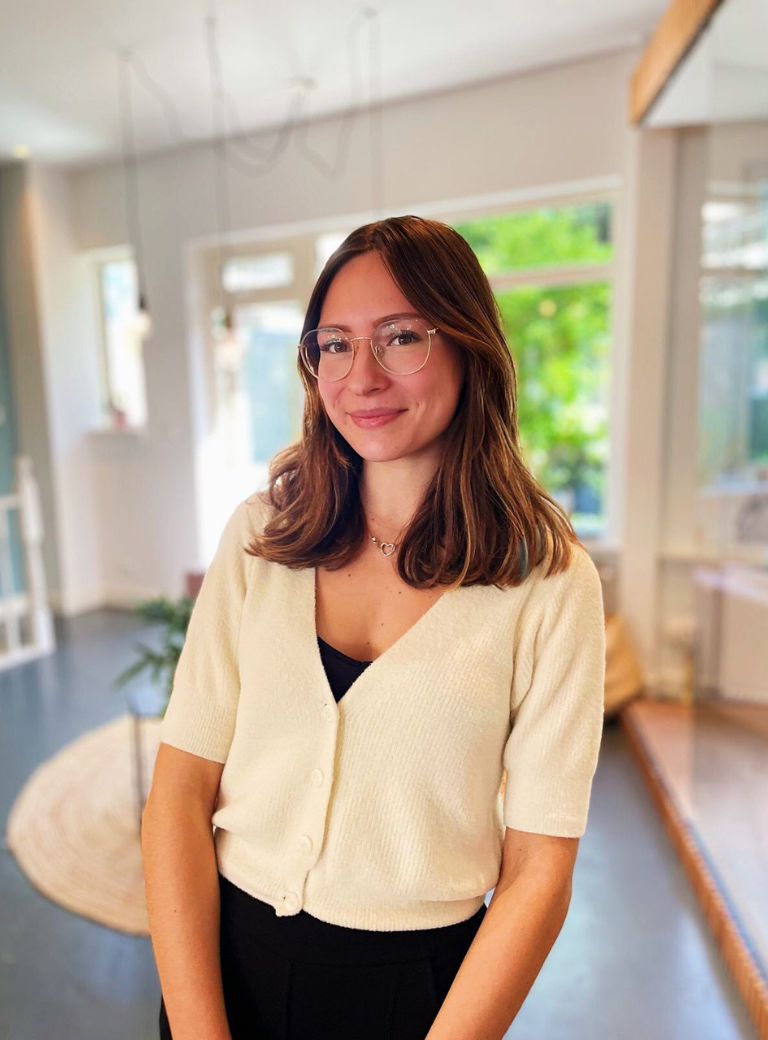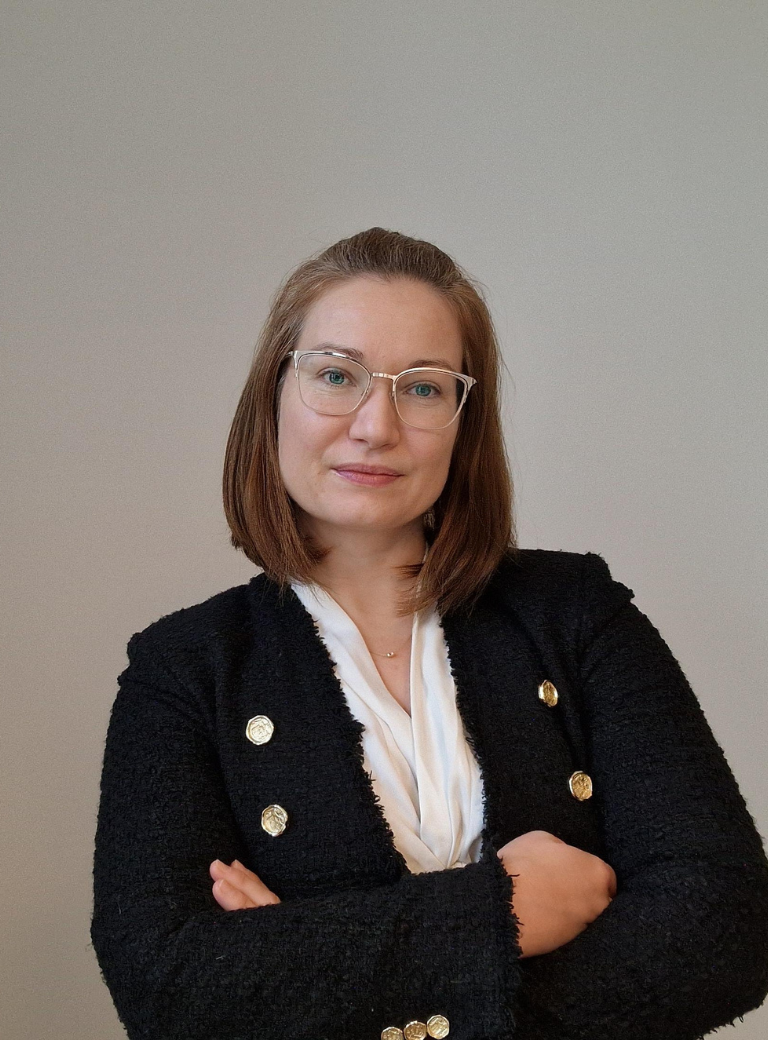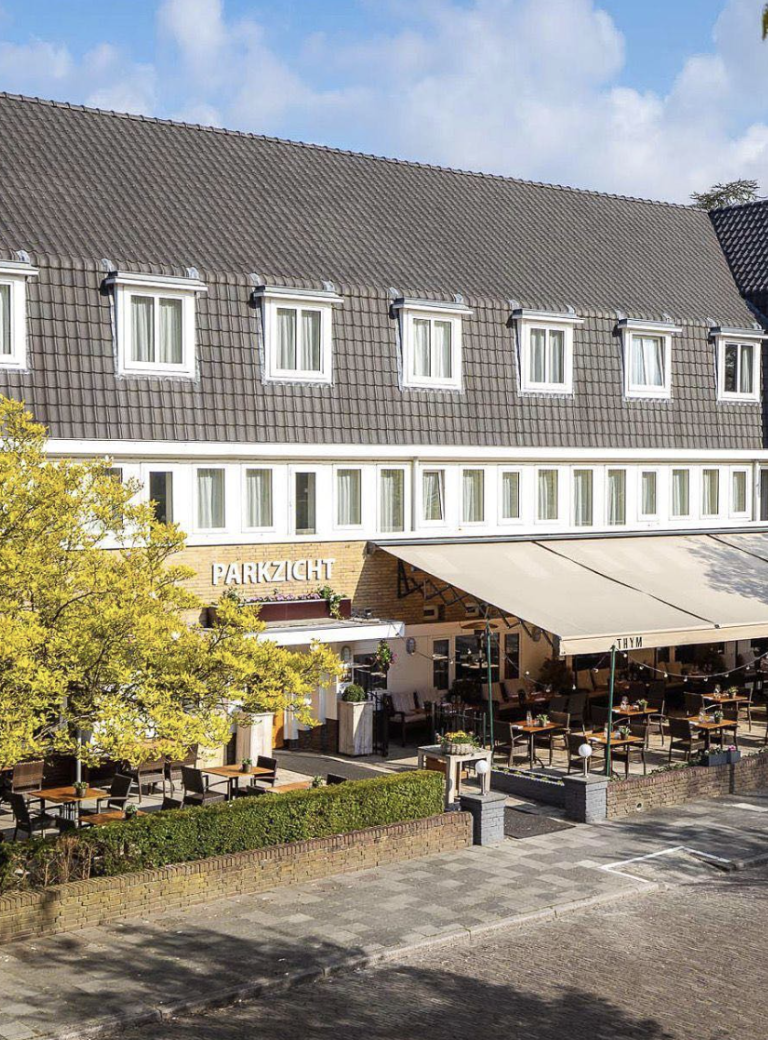
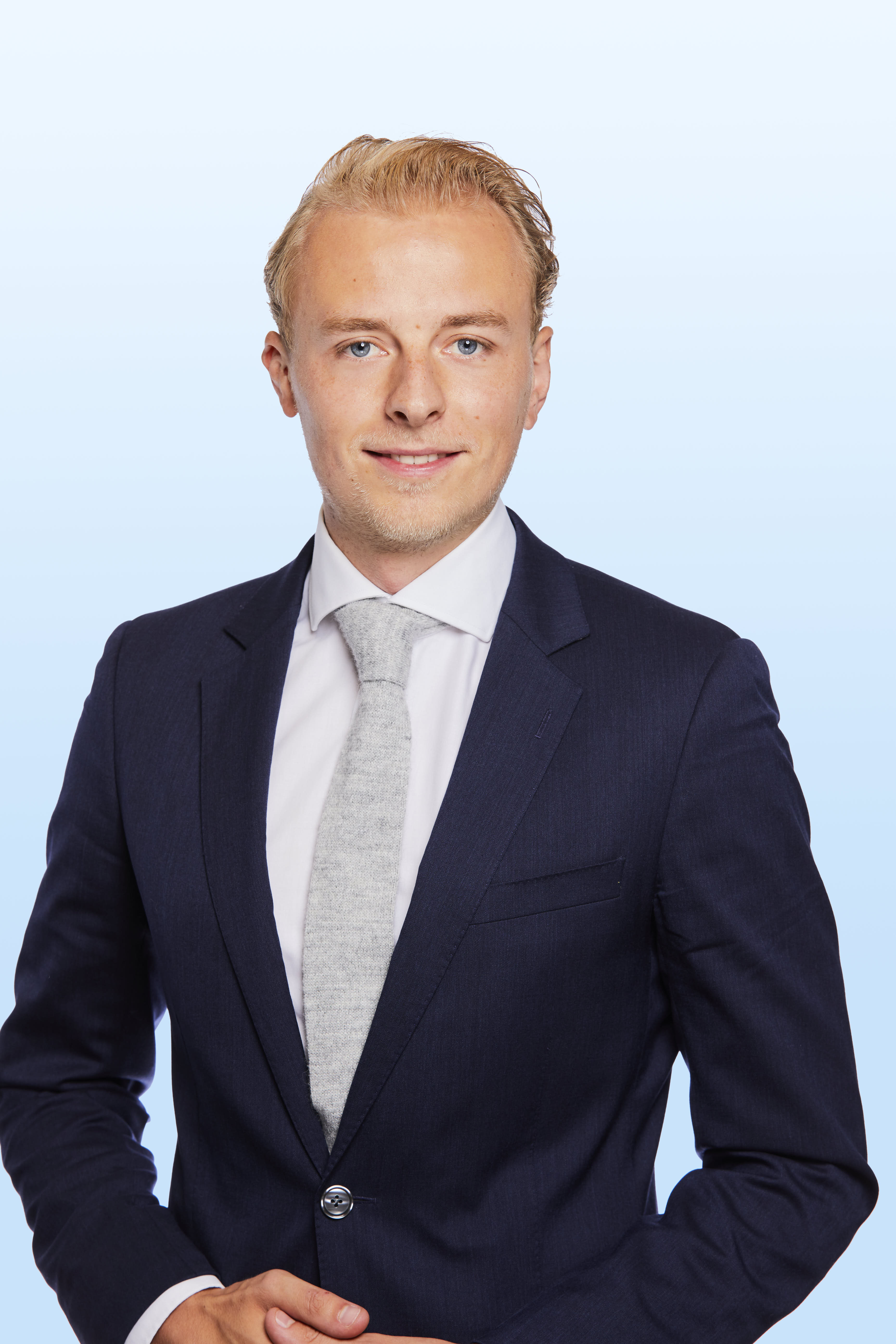
What is the connection between real estate and hospitality?
An interview with a Hotel Transactions Consultant of Colliers – by Răzvan Dumitru
It is often alleged that finance is not for anybody. However, the alumnus of this week – Tobias van Dijk, proved to many students that finance is more dynamic and complex rather than static and repetitive. After being a tutor for the finance-related courses of Hotelschool The Hague and graduating from the Amsterdam campus in 2017, Tobias started his career within Unilever. At the moment, he is a hotel transactions consultant within Colliers, being in charge of managing stakeholder relationships, valuations, and feasibility plans. As of the first of August, he will join the Odyssey Hotel Group as Senior development and M&A associate.
What did you do after graduating?
Well, after graduating in March 2018, I continued working for Unilever – the company where I also conducted my last internship. Unexpectedly, I met a former lecturer of Hotelschool The Hague who asked me to join him on a new adventure. He was asked to become the corporate finance analyst of an offshore merchant platform of four companies and needed people that could help him consolidate those companies. Thus, I became responsible for the reporting analysis. I had to visit these four companies and periodically check their financial statements. After assessing each property individually, I had to compile a report that would incorporate their overall financial position so that the headquarters could have a strategic view. I did this for half a year and then I decided that I wanted to travel around the world. During my journey, I visited Sri Lanka, Melda, Thailand, and many other countries in Asia. During my trip, I was once again asked by the former lecturer of our university whether I could come back since my help was needed. And so, I worked there as a controller for a couple of months until I started my master’s degree.
I started my Financial Management degree (MBA) at Vrije Universiteit Amsterdam in 2019, after completing their Premaster course. Yet once again, an opportunity arose when Robert Kuijper - a friend of mine and also a former student of Hotelschool The Hague, asked me if I wanted to conduct an internship at Colliers. During my internship, I wrote my thesis on the topic of macroeconomic developments in the real estate market, with an emphasis on hotels, in June 2020, I started as a consultant for the hotel team of Colliers, focusing on hotel transactions.
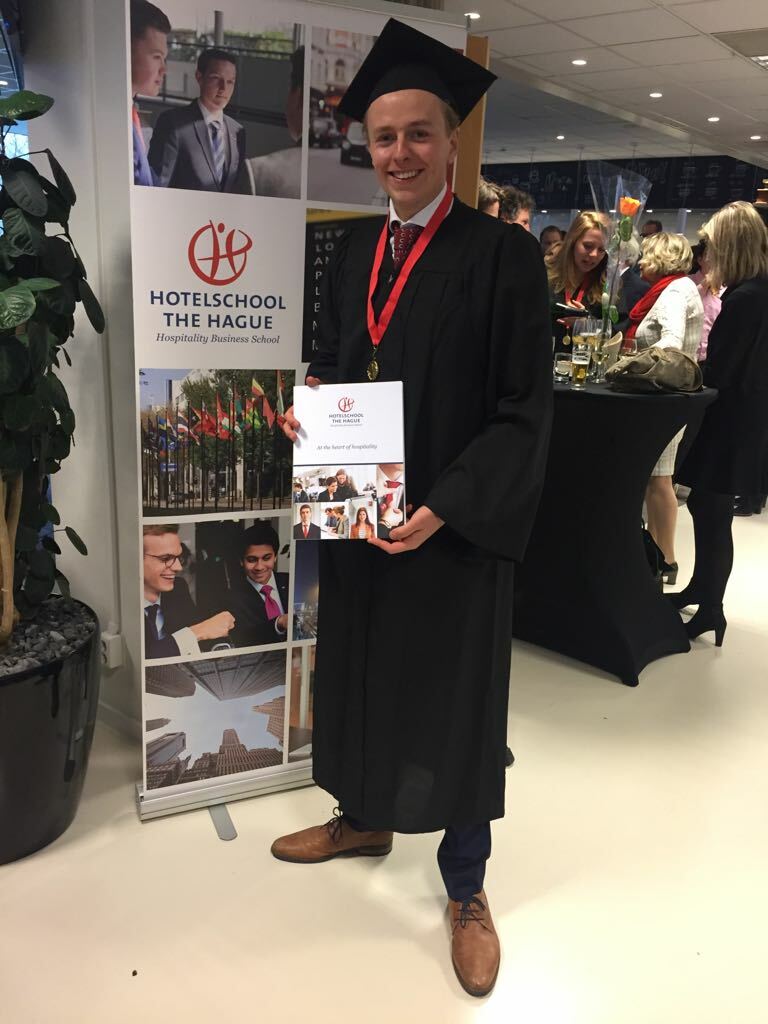
Could you elaborate on your current role as a hotel transactions consultant?
Within Colliers, we have multiple sectors of real estate. As stated, I work in the hotel sector. This branch of real estate is slightly different from other sectors since there is a third component in addition to the usual other two. Traditionally, there is a real estate owner and an operator (tenant). The additional component is represented by the brand, which can be hired by the operator. Hence, there are numerous parties involved and therefore, many needs and expectations. This is one of the reasons why Colliers decided to split the hotel transactions team into consultancy and introspection. This does not necessarily mean that I am only focusing on transactions, but the main role within my team is to conduct broker payments and evaluations of properties.
One of my main duties is to write the broker's opinion of values. A broker's opinion of values results from assessing the indicative value of hotels. This kind of valuation can be solely for the property or for the whole business. We are in charge of the advisory valuations, communicating with the owner, and then making the best choice together. Provided that an owner would like to sell real estate, we start looking for the right buyer and guide the whole process. Besides approaching buyers and explaining the opportunity, we are also responsible for the due diligence phase. After incorporating the legal and technological components, we start negotiating the sale and purchase agreement trying to find the best deal for both parties. This kind of task could take a considerable amount of time since it requires negotiation. This represents approximately 70% of the tasks that fall under my responsibility.
20% involves feasibility studies. These studies entail development projects that can sometimes be so ambitious that the end goal would be to completely transform an existing building into a new hotel. Once we conclude that such a project could be successful, we start considering what kind of brand would suit the property and why. From the size of the rooms to the features of the building, each aspect needs to be taken into account to deliver the desired outcome.
The remainder 10% of my job is developing myself in all kinds of ways. Since I have been working within Colliers for two years now, I believe that the consultancy business is a very dynamic one and employs expertise and an analytical view. My very first challenge was the fact that I started during the pandemic. The consequence was that I did not have many networking opportunities in the beginning. I only knew my team, which made collaboration with other departments relatively difficult. Time management can also pose a challenge since I keep in touch with international customers and thus, I need to work around different time zones. Regarding efficiency, I try to act as fast as possible whenever a new task is assigned to me. In addition, I believe that the key to freeing up your agenda is being proactive.
When did you discover your passion for finance?
It all started during Phase 1 when I met Christian Vos, a former lecturer of Hotelschool The Hague who was teaching the course Creating Business Value at that time. I started admiring him because he used to tell us numerous interesting stories about the finance business and how progressive this industry was.
I discovered that I was suitable for teaching when I started tutoring my classmates for our exams. Since I did not have any problems grasping the information, I thought that explaining it to other people would help me become even better. And so, after taking the exam myself and scoring high, I decided to become a tutor since it was the best method to consolidate my knowledge and build on it. I believe that one of the greatest satisfactions of tutoring is seeing students discover their passion for finance. I do not tutor as much as I used to due to time considerations, but I would never refuse a student.

From your point of view, what did the pandemic change the most in the industry in which you are working?
From a business point of view, the operational risk is now split between the owner of the real estate and the operator. Before Covid-19, there were many fixed leases. Nowadays, we noticed an increased demand for hybrid leases, which represents a different type of benefit for the real estate owners, because they can obtain insight into the operations and the financial figures of the operations. By doing so, they can comprehend the financial situation of an operation in a more facile manner. In turn, offering help and conceiving a strategy is correspondingly easier. Another aspect that changed is the labour cost since part of these costs will be included in the average daily rates. I believe that hotel operators will start charging guests to compensate for the additional costs generated by their labour costs. The result of this phenomenon will be that innovation within the hospitality industry will be accelerated because hoteliers will need to find alternatives that are more efficient and cost-effective.
How do you see the development of hotels in the Netherlands, given that sustainable building requirements are believed to toughen up?
Unfortunately, the trends in the market show that not many investors are willing to pay more for a sustainable hotel and it all starts with the consumer. Only a relatively small customer segment would pay more to stay in a sustainable hotel. On the other hand, there are numerous discussions about whether the sustainability component should be the responsibility of the real estate owner or the operator. A state-of-the-art, completely sustainable property can be useless without an operator who is willing to pay a higher lease for that building. In addition, once leased, the operator should be responsible for sustainably running the building.
Therefore, I think the only segment that will benefit from accelerated sustainable development is the one of offices since they will be required to have the C energetic label by the 1st of January 2023. Otherwise, they will not be allowed to operate anymore since permits for such spaces that do not meet this criterion will not be issued anymore. In contrast, hotels are quite traditional and one of the slowest real estate types to change and innovate.
What achievement are you most proud of?
I am very proud of the fact that I was elected to the Young Sounding Board of Colliers. I believe that this new concept is the future because it enables young talent to share their ideas and contribute to the development of the company. The Young Sounding Board advises the Colliers Board of Directors on various matters, from sustainability to diversity and inclusion. This was the initiative of our current CEO – Dirk Bakker, who believes that the future of Colliers could be brighter if the younger generation also has a saying in the decision-making process. Besides this, I am proud to be involved in so many projects organised by Hotelschool The Hague because I feel that I am actively contributing to the development of the next generation.
What would your advice be for hoteliers who would like to develop their own hotel?
Think outside the box and do not be scared to develop something unique in which you truly believe. If you create a well-designed concept, there will be also other people who will believe in it.
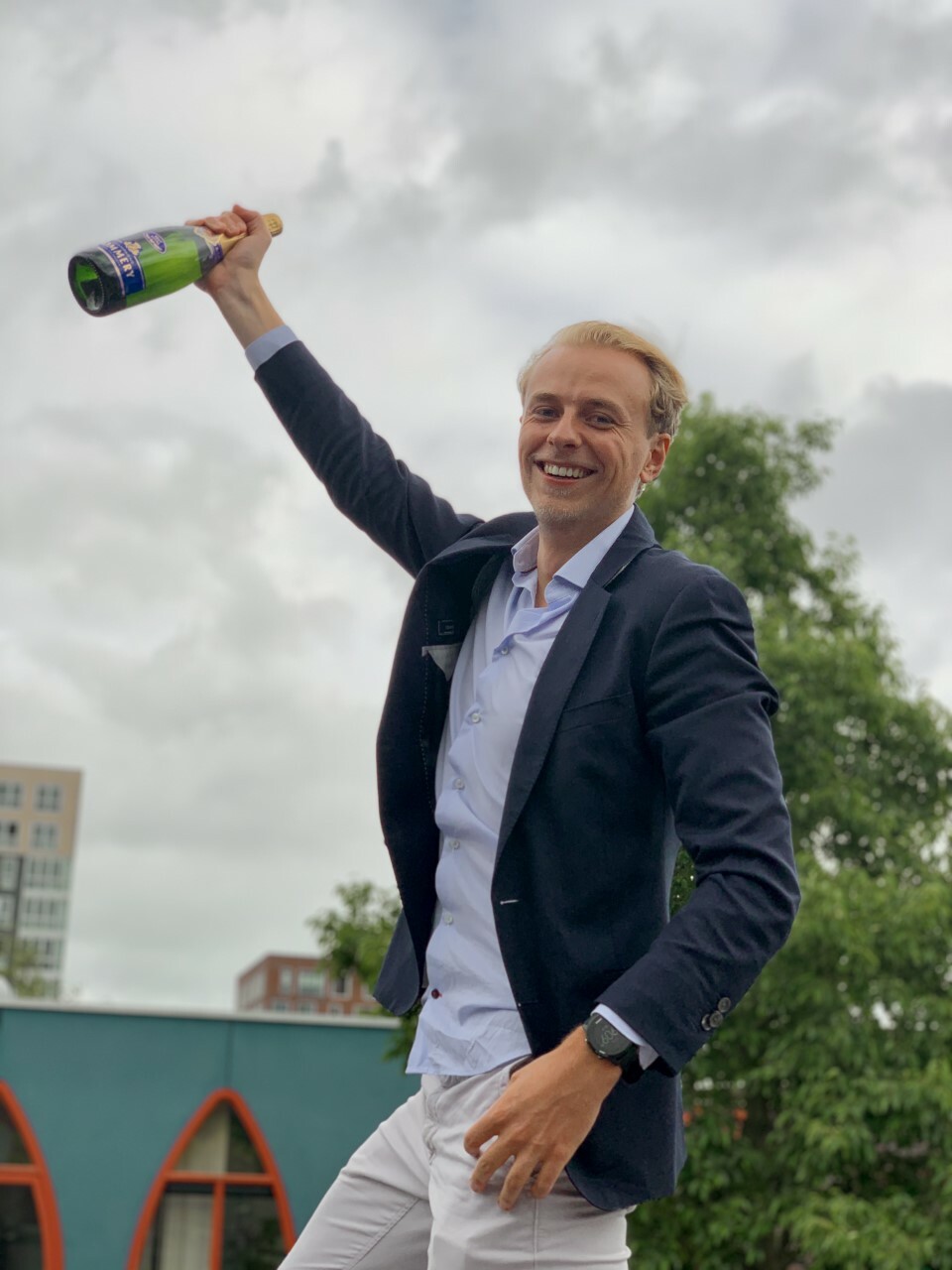
What is your favourite book?
The Monk Who Sold his Ferrari – by Robin Sharma
What is your favourite movie?
Wall Street: Money Never Sleeps
Are you a morning person or a night owl?
A morning person! I am very productive starting at 7:00 AM.
How do you prepare yourself for a workday? What is your ritual?
I make a to-do list every morning.
What is your biggest dream in a few words?
After accumulating, for example, 30 years’ worth of experience, being able to give that knowledge back to students.
Name one thing on your bucket list.
Visit the Tierra del Fuego, which is situated in the Southern region of Argentina.
Name one thing you like to do in your free time.
I go swimming around four times a week.
What is your favourite place to visit out of all the places that you have been to?
Cape Town!
What is your favourite aspect of living in Amsterdam?
Biking on the canals when the sun sets and seeing all kinds of lights coming from buildings.
What would your advice be for students graduating in 2022?
That would be my graduation quote: “If you can dream it, you can do it.”
